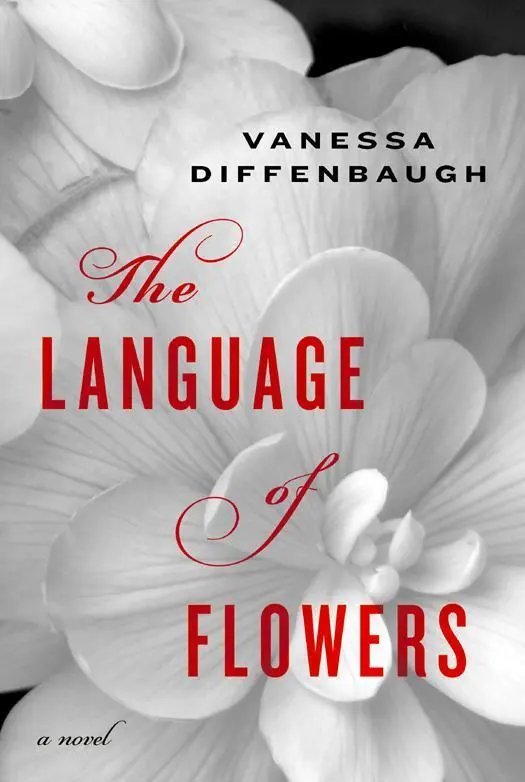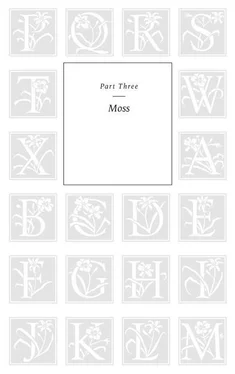Vanessa Diffenbaugh was born in San Francisco and raised in Chico, California. After studying creative writing and education at Stanford, she went on to teach art and writing to youth in low-income communities. She and her husband, PK, have three children: Tre’von, eighteen; Chela, four; and Miles, three. Tre’von, a former foster child, is attending New York University on a Gates Millennium Scholarship. Diffenbaugh and her family currently live in Cambridge, Massachusetts, where her husband is studying urban school reform at Harvard.

In the language of flowers, camellia means my destiny is in your hands . Author Vanessa Diffenbaugh is launching the Camellia Network in order to create a nationwide movement to support youth making the transition from foster care to independence.www.camellianetwork.org
Discussion Questions for
THE LANGUAGE OF FLOWERS
1. What potential do Elizabeth, Renata, and Grant see in Victoria that she has a hard time seeing in herself?
2. While Victoria has often been hungry and malnourished in her life, food ends up meaning more than just nourishment to her. Why?
3. Victoria and Elizabeth both struggle with the idea of being part of a family. What does it mean to you to be part of a family? What defines family?
4. Why do you think Elizabeth waits so long before trying to patch things up with her long-lost sister, Catherine? What is the impetus for her to do so?
5. The first week after her daughter’s birth goes surprisingly well for Victoria. What makes her feel unable to care for her child after that week ends? And what is it that allows her eventually to rejoin her family?
6. One of the major themes in The Language of Flowers is forgiveness and second chances. Do you think Victoria deserves a second chance after the things she has done (both as a child and as an adult)? What about Catherine? And Elizabeth?
7. What did you think of the structure of the book: the alternating chapters in the past and the present? In what ways did the two storylines parallel each other, and how did they diverge?
8. The novel touches on many different themes (love, family, forgiveness, second chances). Which do you think is the most important? And what do you think was the ultimate lesson?
9. At the end of the novel, Victoria learns that moss grows without roots. What does this mean, and why is it such a revelation for her?
10. Based on your reading of the novel, what are your impressions of the foster-care system in America? What could be improved?
11. Knowing what you now know about the language of flowers, to whom would you send a bouquet and what would you want it to say?















